Weed killers are a key component of any gardener’s arsenal. They work quickly, efficiently, and leave the garden free of weeds for weeks or months at a time. A weed killer is typically applied to soil in order to kill the roots of weeds before they grow too large and cause problems for your garden plants. However, how long does weed killer stay in soil?
Table of Contents
Chemical Properties of Commercial Weed Killers That Impact the Soil
Some chemical structures are known as “irrigation efflorescence”, which is a component of many weed killers. It works as an organic matter conditioner by binding nutrients from the soil together, limiting their mobility and making them more soluble.
The soil’s nutrient concentrations are reduced and they bind the soil to its original moisture level without increasing the acidity, which is beneficial for both weeds and plants. It does, however, bind the soil to its natural moisture level.
Weed roots travel short distances from one point to another. As a plant develops, however, soil pores expand dramatically. Weeds must travel further up and down the ground’s route in order to survive. The soil pores are made larger as weed killers bind soil particles together, allowing weeds to travel even farther up and down the path and eventually leading to their complete destruction [1].
Weed Killer Residue over Time
The lifespan of herbicide residue is determined by a variety of conditions, including light, moisture, and temperature. It’s also impacted by soil and herbicide properties. Even if some residual, non-plant-lethal chemicals remain in the soil after weed killer has evaporated or broken down, they will most likely have been leached away after one or two good rainfalls. Still, these chemical herbicides may linger in the soil for months, if not years.
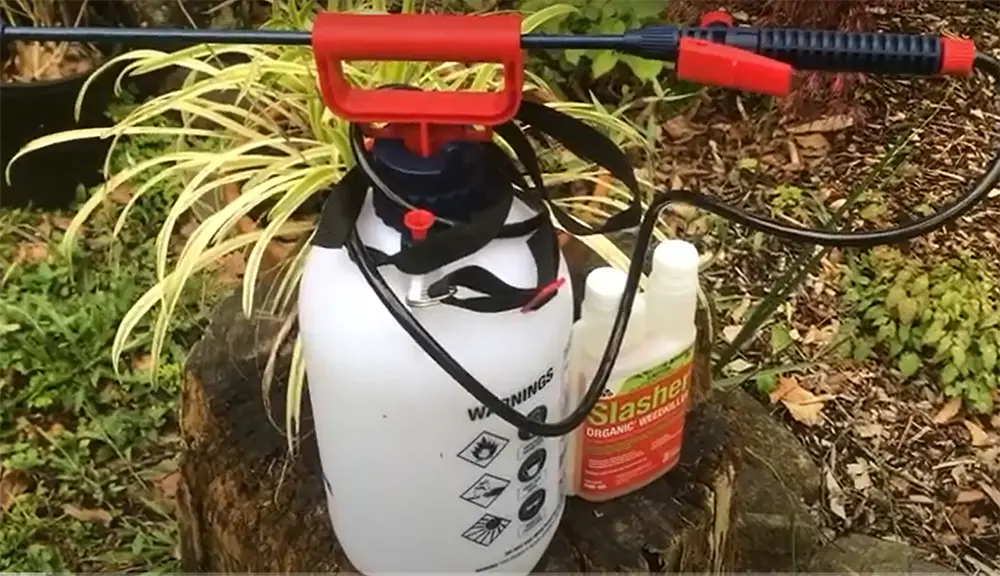
However, these more potent weed killers are typically restricted to farmers and professionals. They’re not intended for use around gardens or grounds; as a result, the average homeowner isn’t permitted to acquire them. The chemicals in weed killers aren’t a concern for the typical backyard gardener after they’ve evaporated.
According to several experts in the sector [2], the majority of weed killers today have a short residual life, as those that are more potent are typically refused EPA registration. This being said, it’s usually a good idea to go through the directions and warnings on any weed killer or herbicide product you buy carefully before using it. The maker will have supplied thorough instructions on how to use the weed killer and when it is safe to plant plants in that location again.
Does Weed Killer Expire?
Commonly, weed killers continue to kill weeds for months, if not years, after they have been expired. Farmers don’t realize when the weed killers will run out until it’s too late. The issue is that their herbicide breakdown continues to be strong enough to kill weeds long after their active components have worn off. Their residue can remain in the ground for years, killing bacteria and other organisms that depend on the weeds as food sources.
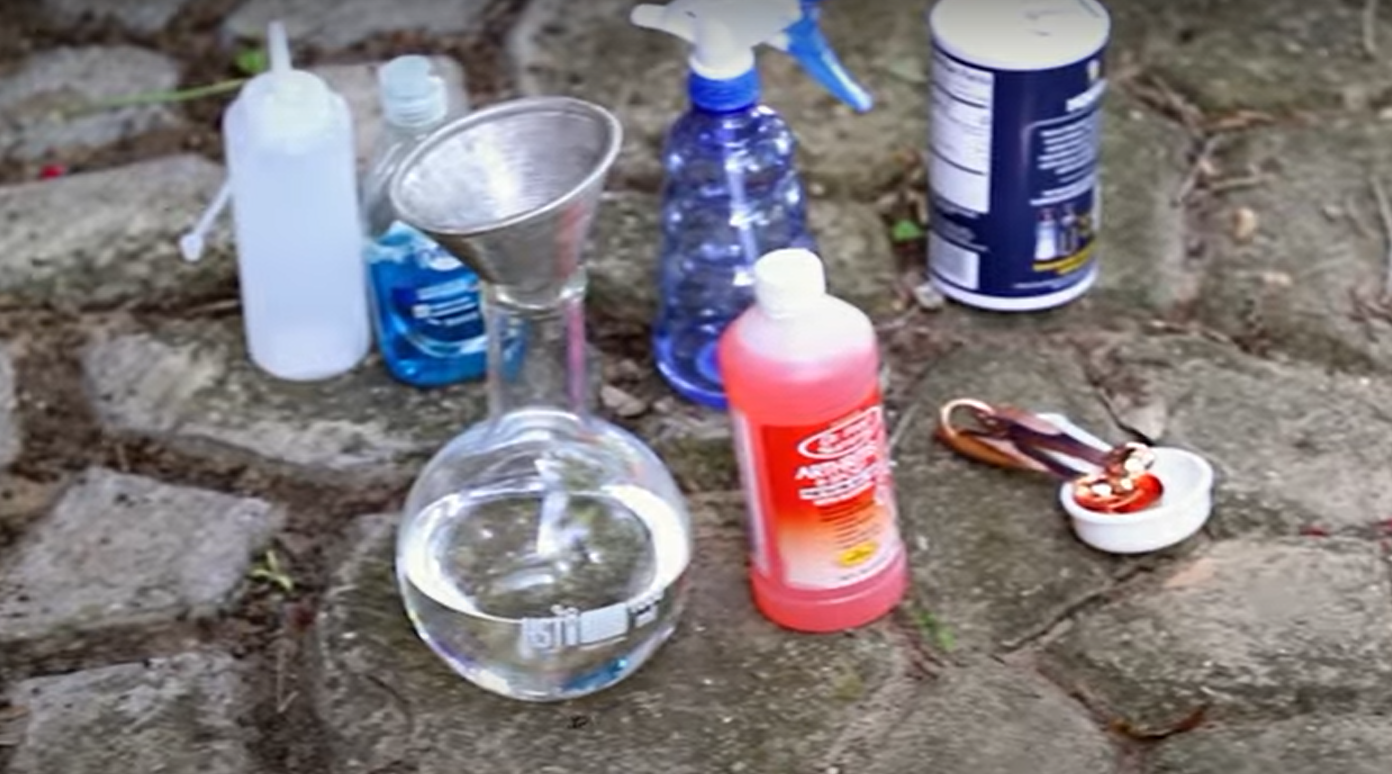
The only way to guarantee that a weed killer will kill a weed until it expires is to use it at the end of its recommended shelf-life. The expiration date on a selective herbicide is what they call it. Most weed killers come with an expiration date stamped on the container or jar. When a herbicide is applied to the soil for a long period of time, its natural killer activity may be curtailed.
It’s critical to act fast to prevent weed development and plant harm when the expiration date has passed. If you don’t, the weed population will rapidly grow and overwhelm your garden and lawn unless you act quickly. This can also be a significant grass-killing danger for your lawn because it might kill grasses.
You can see how long does weed killer lasts in the photo above. Residual action is an issue to be conscious of, especially when it comes to weather conditions. To avoid using too much, apply your chemical herbicides at the correct intervals and dilute the mixture as directed on the canister. Remember, selective herbicides and pre-emergent herbicides need to be used in moderation! To destroy the majority of lawn weeds, use a bit less than the suggested amount.
Commercial Weed Killers Are Not Environmentally Friendly
Most commercial weed killers are not environmentally friendly. Although they don’t require power to run to kill existing weeds in a crop, they create a good deal of greenhouse gases because of their use of power. You might also, unfortunately, generate some pollution by using weed killers. Therefore, it’s essential that you carefully consider the alternatives to weed killers.
If you’re thinking of using these chemicals, make sure that you study them well. Consider organic herbicides for killing pesky weeds to ensure the health of nearby plants. Do thorough research on each systemic weed killer you want to use before applying them to your own soil surface.
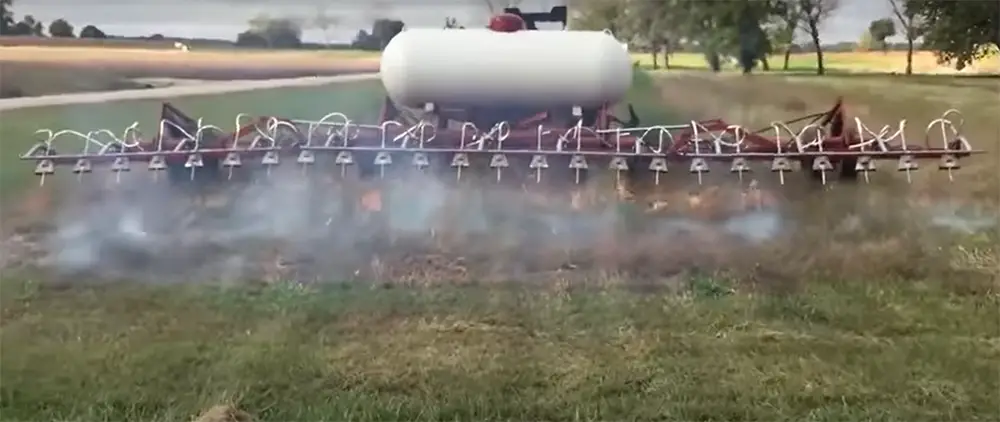
Several excellent goods on the market now are designed to eliminate weeds without harming the environment. In fact, they’re completely biodegradable. Regular watering, growing shade-tolerant veggies, shrubs, or flowers in your soil bed, appropriate fertilization, and use of organic matter mulch are all other strategies to control the number of weeds in your soil. Your best shot at eliminating any weed species is with a natural weed killer.
It’s critical to retain your soil fragments whole in the interest of your plants’ health. It will also be beneficial if you can discover alternative weed preventer treatments for weeds. It’s impossible to get rid of every weed on your yard all at once. In reality, eradicating them from their own soil may take a few days to weeks.
The ideal method to do this is to look for alternate solutions to weed killers or employ prevention strategies such as preventing them from germinating in the first place. This should aid in the long-term removal of weeds.
How Long Does a Weed Killer Stay In the Soil?
There are many kinds of weed killers.
Some of them, such as glyphosate, are applied directly to the weeds. These chemicals generally target an inactive root system before causing the roots to sprout.
Other pesticides only target the weeds’ surface, making them dormant. The weeds’ dormant roots may break off and fall out of the ground.
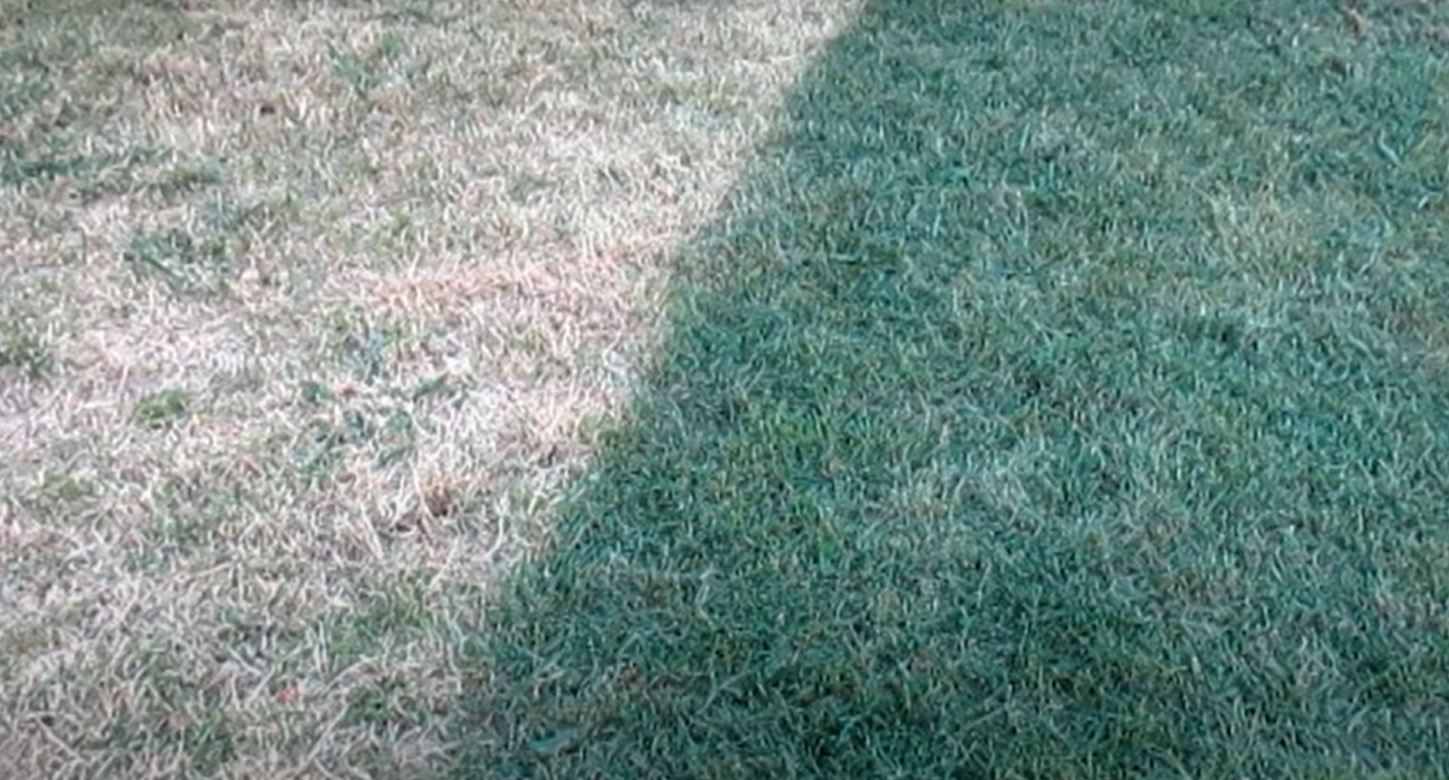
The third form of weed killer sends a message to the roots, telling them to continue operating. This kind of chemical structure remains in the soil for a long time after the weeds have perished. There are chemicals known to help absorption by the soil and remain in it for up to 20 years!
For several years, a commercial weed killer stays in the soil or gets incorporated into it. Throughout the plants’ development season, the weed killer washes away with the water. A weed killer molecules decompose as the plants compete and develop against one another. As a result, the effectiveness of the weed killer decreases.
Keep in Mind Some Weed Killers Are Water-Soluble
Some weed killers are completely or partially water-soluble. This indicates that they are soluble in water. As a result, the weed killer will wash away with the water from the ground or stay behind in the dirt and leach into the water. These chemicals will remain in the soil and only slightly damage weeds. The result is that weed killers may harm both plants and soil microorganisms, as was previously stated.
On the other hand, some weed killers are insoluble. This implies they aren’t soluble in water and take a long time to dissolve. The soil conditions become more weed-friendly as a result of this type of weed killer, allowing for greater effectiveness of the herbicides for days.
Safety Precautions
There are a few things to think about before using weed killers.
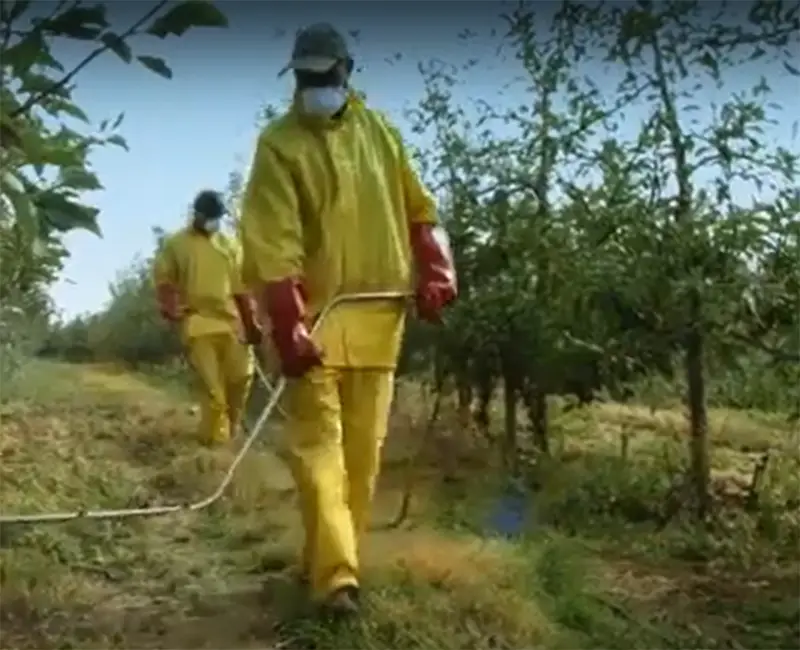
Another approach to finding out how long weed stays in the dirt after being sprayed with weed killer is to see how long it would take for the vegetation to grow again after the weed killer has been applied. Some weeds will develop rapidly, while others will require longer. If you know how long it takes before a plant grows and spreads until it reaches an area where it cannot grow any further, you can figure out how much weed Killer is required. This may assist you in determining whether or not you need to use the weed killer.
When it comes to weed control, knowing how long herbicides last in the soil is essential. Another aspect to consider when asking the question “How long does weed killer stay in soil?” is the thickness of the soil. Because thicker soil is more compacted, weeds are unable to develop across it. This also means that using this weed killer will take longer. However, bear in mind that if your soil is thicker, you may want to employ a weed control strategy a few weeks before the first frost.
Finally, any plant that is not removed from the soil moisture will be determined by how much water your grass has. Fungi stay longer in regions where it is dry for a long time. When the weather is warm and wet, they die out more rapidly. As a result, make certain you water your lawn on a regular basis, especially during the spring when temperatures are extreme. Employing effective irrigation techniques for both your lawn and crops can keep them properly hydrated regardless of the weather.
FAQ
1. Does a commercial weedkiller stay in the soil?
It is determined by the product. After a period of composting, most commercial weed killer manufacturers will provide another mowing (but not the first) after which the herbicide will have decayed [4].
2. How long do pesticides stay in soil?
A pesticide half-life is a time it takes for a pesticide to degrade in the environment under typical agricultural circumstances, which range from a few hours to four or five years.
Microbes in the soil break down most pesticides; therefore, environmental factors that decrease microbial activity (such as cold, dry weather) will extend the amount of time that pesticides remain in the soil [5].
3. How long should dogs stay off the grass after weed killer?
When you use pesticides on your lawn, keep your pets and children away from it for approximately 2 days or until the chemical has been completely absorbed. Select weed killer products that are suitable for dogs and cats. Always wash the lower body (belly and legs) of a pet that came in touch with the treated grass, assuming it was exposed to pesticides [6].
4. How long does it take for Roundup to leave the soil?
The time it takes to decompose depends on the amount and potency of the Roundup in the soil. It can take anything from one to 174 days for half of the substance to break down in the soil, according to Cornell University [7].
5. How long after spraying weed killer can I plant grass seed?
You may safely sow decorative flower seeds one day after applying glyphosate, as well as grass and vegetable seeds three days later. Even though the herbicide takes up to seven days to eradicate weeds, you can plant ornamental flower seeds immediately after spraying. If you cut dying weeds too soon, viable roots might remain in the soil, ready to spring back [8].
6. Do pesticides ruin soil?
The misuse or overuse of pesticides may damage the soil and the community of organisms living in it. Some pesticides are more harmful to soil microorganisms than others. Some pesticides dissolve readily in soils, while others take longer to decompose [9].
7. Does glyphosate persist in soil?
The chemical structure of glyphosate, the main ingredient in Roundup, inhibits an enzyme that is necessary for plants to make certain proteins. Without these proteins, the plant cannot survive and dies.
Roundup’s active ingredient breaks down quickly in sunlight and soil, leaving little residue behind. However, it can take up to three months for all of the chemicals to break down.
Glyphosate can stay in the ground for up to 6 months, depending on the weather and the sort of soil it’s in. Bacteria in the soil break down glyphosate. Because it is tightly bound to dirt, glyphosate is not likely to enter groundwater.
In one research, half of the pesticide found in dead leaves broke down after 8 or 9 days [10].
8. How long does vinegar stay in the soil?
Vinegar breaks down quickly in soil, which is one of the reasons it has such little effect on weed roots. When you spray a weed with vinegar, the amount that reaches the soil will degrade in 2–3 days, sooner if there is rain or if you water the soil [11].
9. How do you save plants after using vinegar?
Fill a pail with lukewarm water and quickly spray the plant. Water every leaf and stem once more. To get rid of the vinegar from the plant’s leaves, repeat it several times. The vinegar removes the plant’s natural barrier layer, causing the leaves and stems to dry out and kill it [12].
10. How long after using Weed B Gon can I seed?
Give it 4 weeks after applying Weed B Gon treatments before sowing grass in the treated areas [13].
Useful Video: Herbicide effects on soil biology and function
References:
- https://sierranaturalscience.com/how-long-does-weed-killer-stay-in-soil/
- https://www.gardeningknowhow.com/garden-how-to/soil-fertilizers/how-long-does-weed-killer-last-in-the-soil.htm
- https://sierranaturalscience.com/how-long-does-weed-killer-stay-in-soil/
- https://www.rhs.org.uk/prevention-protection/weedkiller-damage
- https://gmoanswers.com/ask/how-long-does-it-take-fertilizers-pesticides-herbicides-and-fungicides-break-down-soil-or-do
- https://scollar.com/blogs/blog/keep-dogs-and-cats-safe-and-lawns-healthy
- https://www.hunker.com/12216862/how-long-does-roundup-stay-in-soil
- https://homeguides.sfgate.com/long-after-using-weed-killer-can-sow-seed-83326.html
- https://npic.orst.edu/envir/soil.html
- https://npic.orst.edu/factsheets/glyphogen.html
- https://peppershomeandgarden.com/does-vinegar-kill-weeds-to-the-root
- https://homeguides.sfgate.com/stop-vinegar-killing-plants-67054.html
- https://www.hunker.com/13405133/how-long-after-using-weed-b-gon-can-you-plant-grass-seed

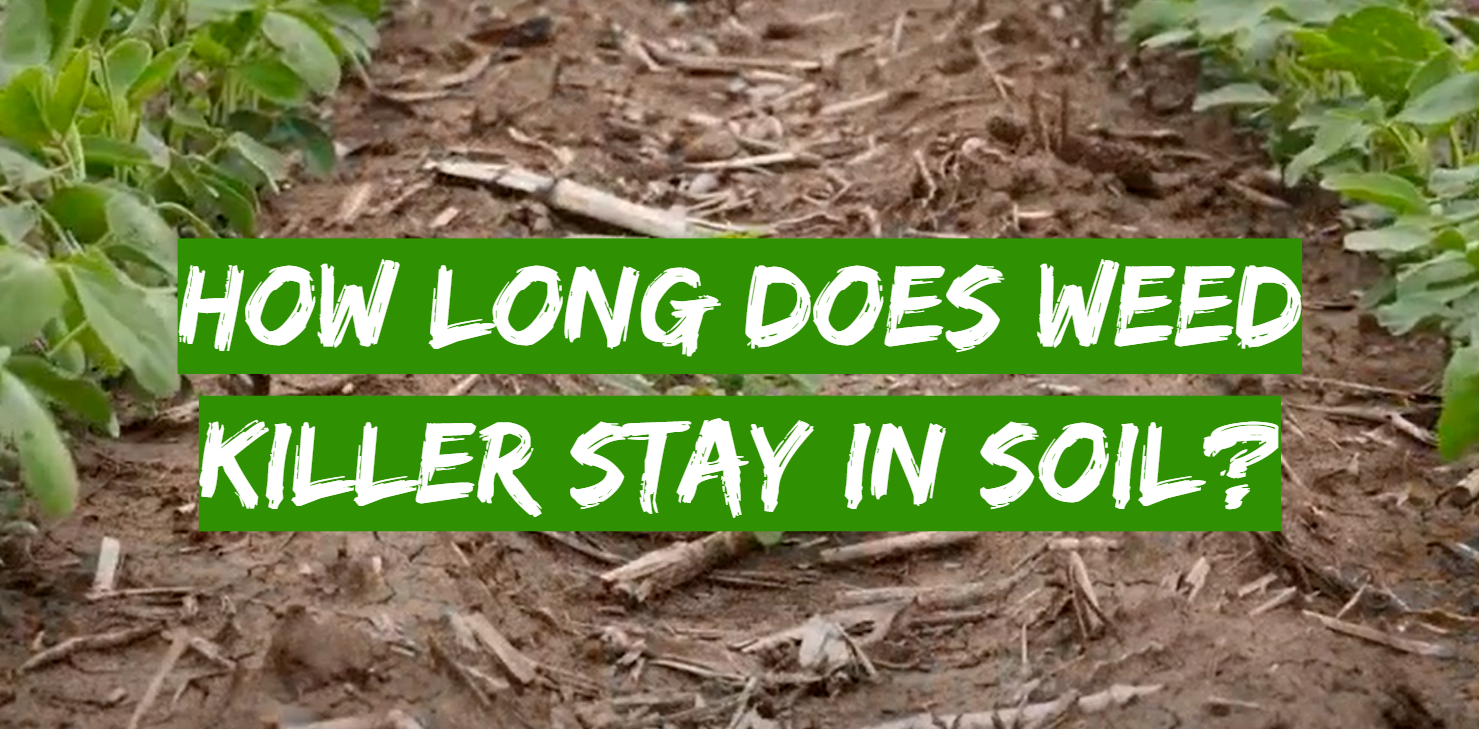

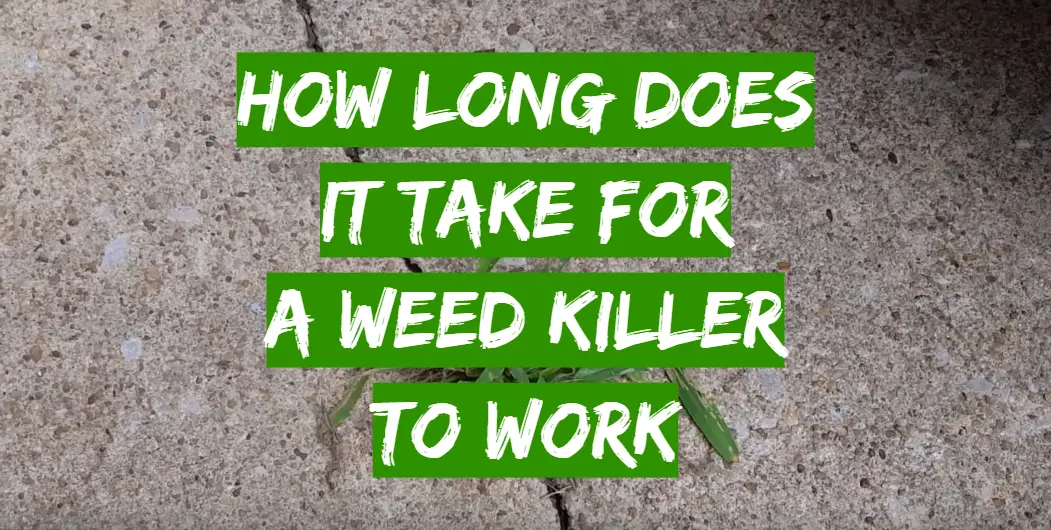
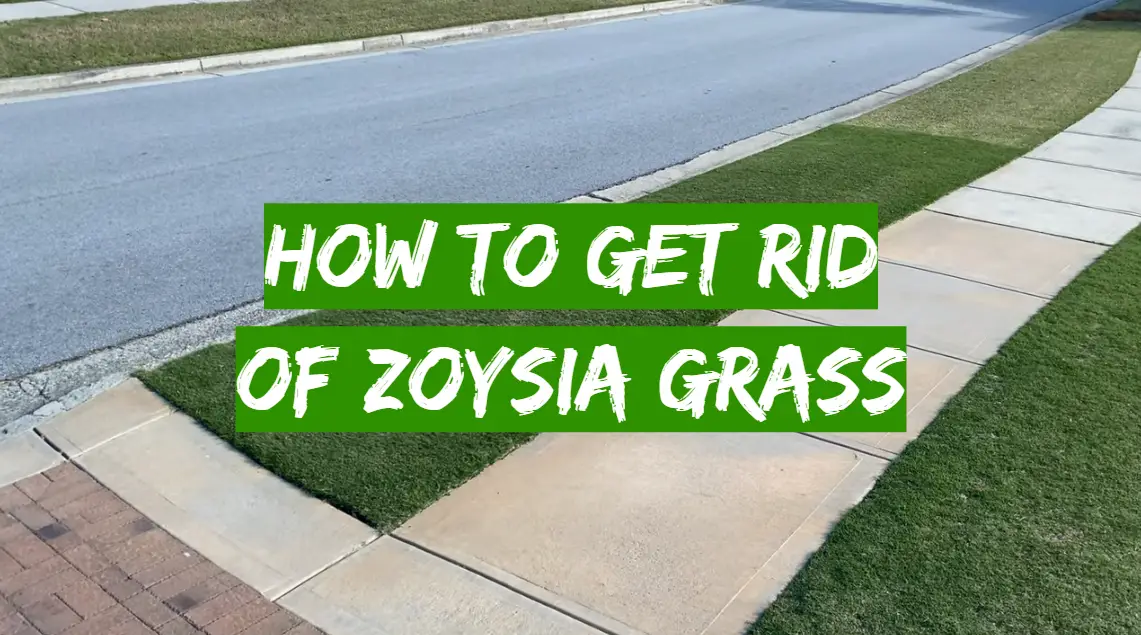
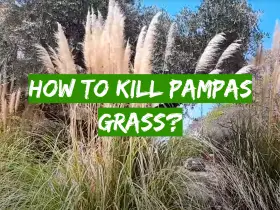
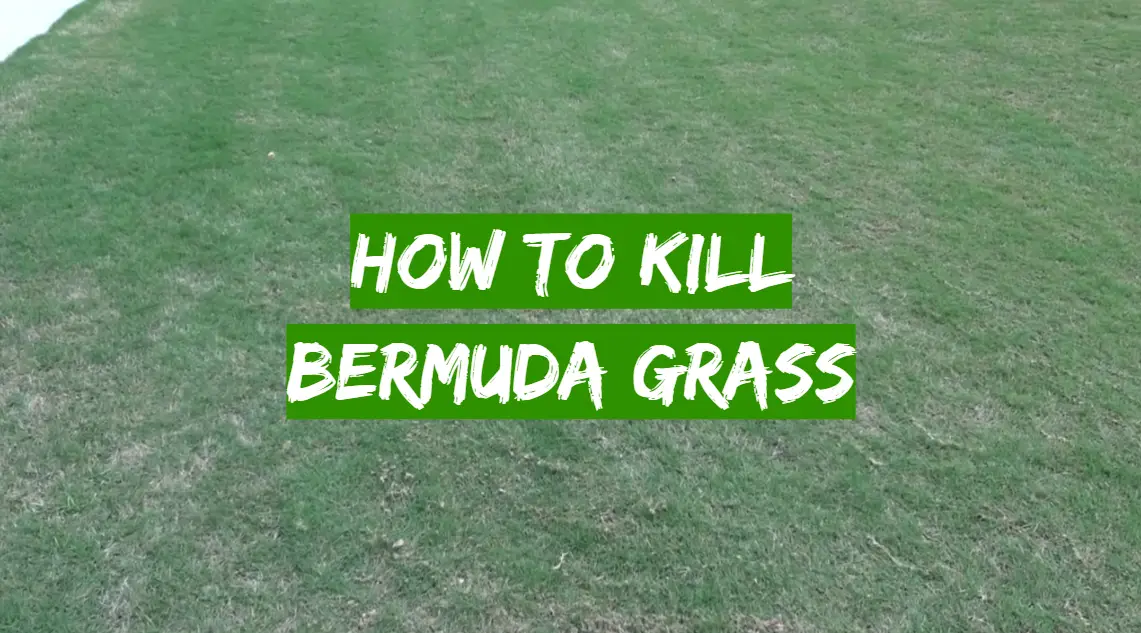
Leave a Reply
View Comments